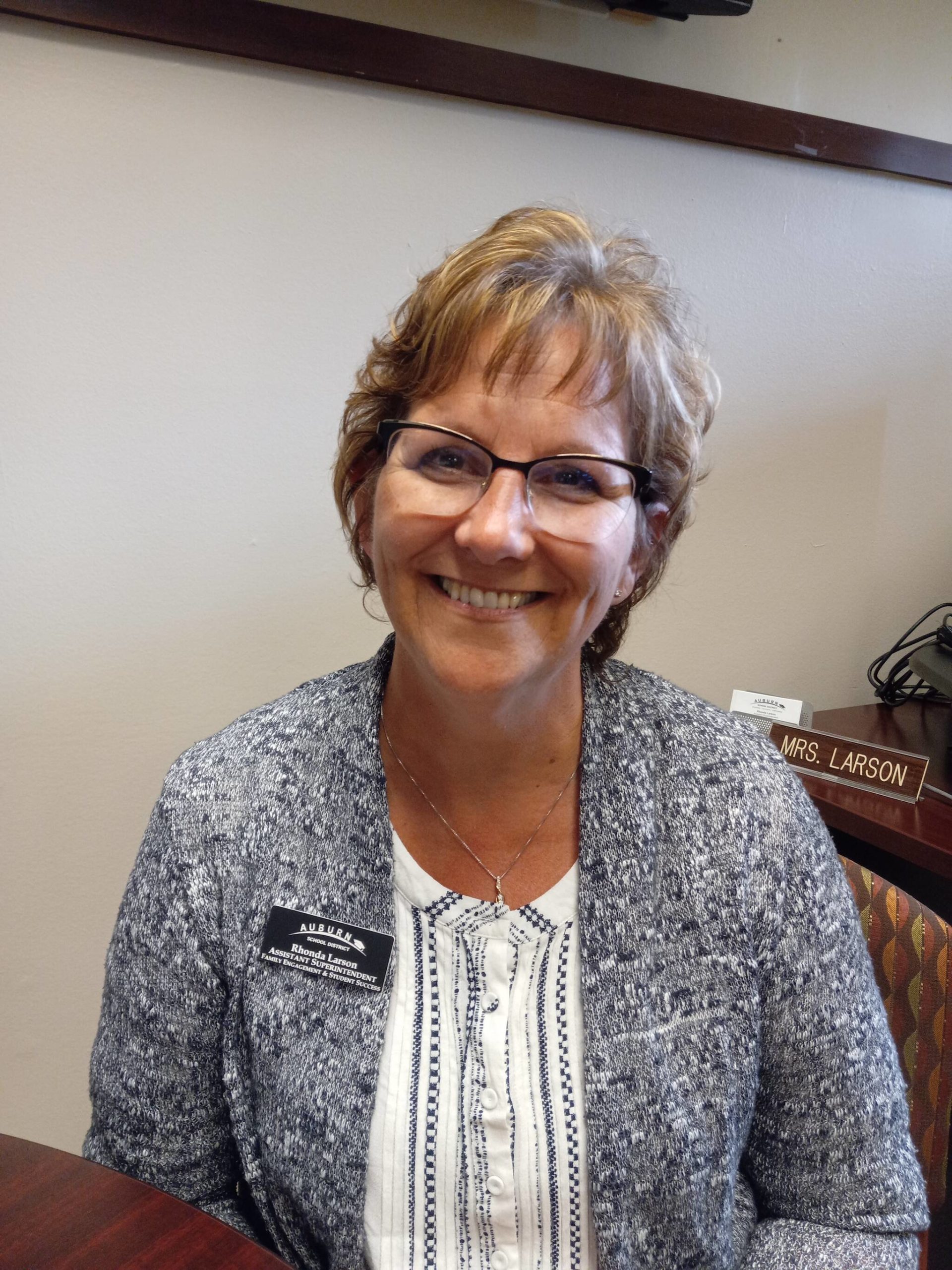Nurses in the Auburn School District (ASD) have known about the problem for years: too many students in the district lack quick, ready access to medical care.
Auburn Mountainview High School (AMHS) feels the problem most sharply because it is the farthest of any of the district’s schools from the health care services available in the valley below.
That’s why the ASD expects to spend a portion of the next school year figuring out what it would mean to open a school-based health center at AMHS, whom such a center would serve, what medical services it would offer, and what it would cost to effect the physical modifications to the 17-year-old high school to make such a thing possible.
At the recent Auburn School District Board meeting, board members authorized staff to begin working in partnership with Multicare Auburn Medical Center, and with Sea-Mar Medical Clinic in Des Moines to apply for a grant to cover the costs of creating the infrastructure in such a building.
“We want to have our students minimize their time out of school by having access to care, and Auburn Mountainview is a great place to start,” said Rhonda Larson, director of the district’s Office of Family Engagement and Student Success. “We don’t see us putting a clinic in every school, but we all know what it’s like up on the hill: bus transportation is limited. and there are very few medical offices. Just getting parents to come down to access Multicare or other health facilities is a definite barrier.
“We just want to help remove one of the barriers for our students to maximize in school, be healthy and have access to some of those pieces. That’s our vision,” Larson added.
As of this week, the district is preparing to send out an-all important survey to parents and students, asking them what services they’d like to see in a school-based health center, which services they would be willing to use, or would need to use, and which they would not be interested in.
“Once the surveys come back, we’ll be able to speak more clearly about all this, but what we see are students who don’t have access to emergency or preventative dental care,” Larson said.
If parents say ‘no way,’ they want no part of such thing, it won’t happen, Larson said.
“We’re not going to force anything on anyone. I don’t have time to do anything my community doesn’t want. I am one of those people who think that parents really do have a tremendous responsibility, a privilege to support our kids. So I don’t have any interest in treading on that. But I know that not every parent has the capacity — by that I mean the money, time and resources — to be able to help do some of those things,” Larson explained.
When it would happen and how much it would cost are questions that will remain unanswered until the surveys come back, Larson said. The surveys will be open for responses for two weeks once they are sent out this or the following week.
Larson said the survey will be sent out to all the district’s families, not just those with kids at AMHS.
“It’s not just Mountainview, because we really need to know did we pick the wrong one, did we pick the right one? What if our Mountainview community says ‘heck no’, and we hear something different from another community? We look at the data and we think, oh, this is the community of need, but what if our community tells us something different?”
Today, none of the district’s nurses provide immunization services, but even to enroll in school now, students must meet stringent requirements that have only tightened over the years, ensuring that each youngster has completed those immunizations or has an appointment scheduled to complete them.
“For some of the families, access is a real barrier,” Larson said. “One of the things I am most excited about is not only for the initial immunization to enroll in school, but because at certain points in a child’s school career, they have to have updated immunizations to help support that.”
Among the other services not yet offered today at school is physicals for those kids who want to participate in sports programs but are hampered by their inability to find a doctor to perform the physical.
Ongoing, preventative dental and other care at the school could be another plus, Larson said, adding that a student with a sore throat, for example, would get to choose for themselves whether they want to see a school nurse or visit the medical office. The health care provider would make the decision on the services they are willing to provide.
Does Larson foresee controversy in offering immunizations at school?
“There are a lot of opportunities for controversy in our decision making in schools. It’s why we’re not doing anything, not planning anything, until we complete that survey. We need to find out from our families, what do you need, what are you willing to participate in in school, and what do you think needs to stay out of the school,” Larson said.
This is not a new idea. Renton High School has a health center.
“The school-based health center would not be part of our curriculum; we would not make any child do anything. It’s a service that can be made available at the school,” Larson said. “We’re not in the business of health care; we don’t want to go there.”


